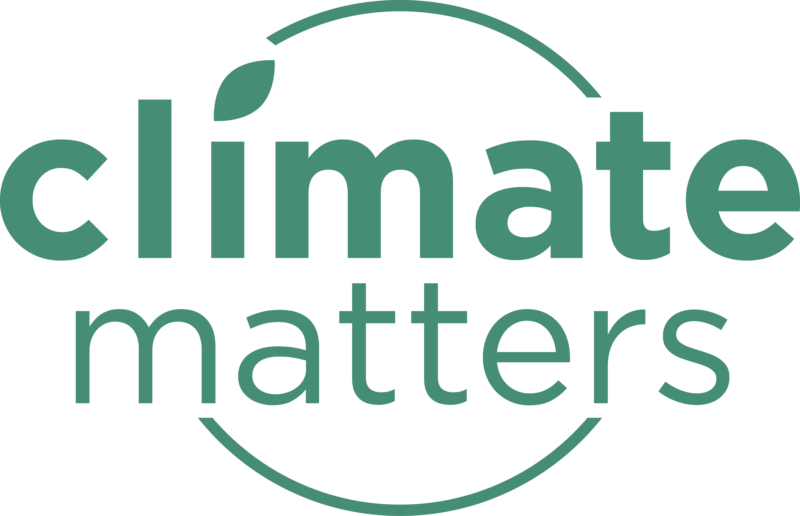Workshop: Redefining the Boundaries of Science and Journalism in the Debate on Climate Change
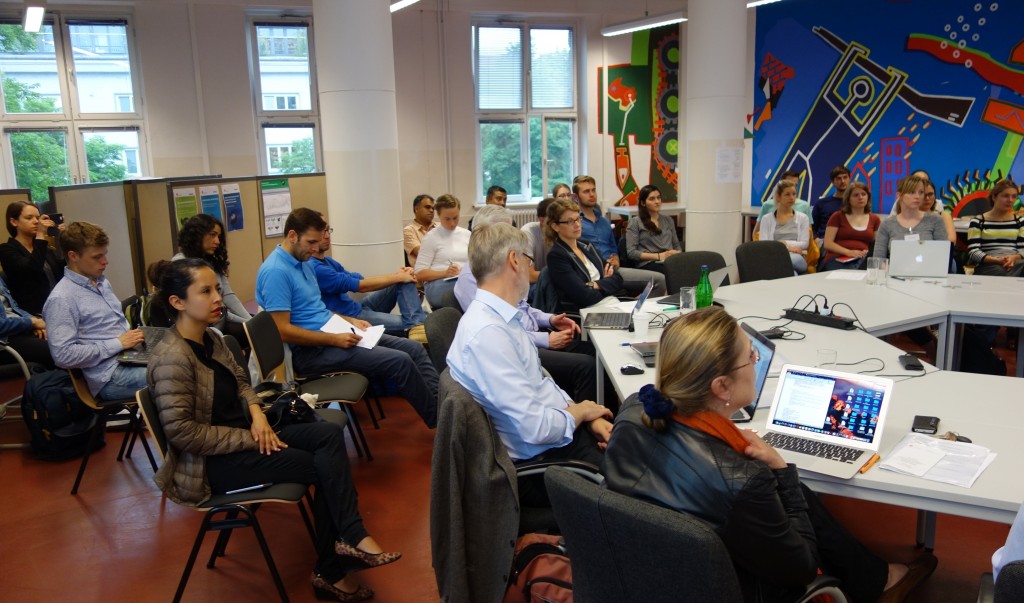
As a kick-off for a new research project, the research team of Prof. Michael Brüggemann organized a workshop at the University of Hamburg from June 21 to 23. The team discussed the changing roles of science and politics in times of post-normal science communication with national and international guests.
ICA conference participation and video interview
At the International Communication Associations’ annual conference, which took place in San Diego/USA this year, researchers from our team presented first results from the Down to Earth project (“Climate Engagement in a Digital Age: Exploring the Drivers of Participation in Climate Discourse Online in the Context of COP21”) as well as research on how the […]
Review 2016: One Year of Climate Change Debates on Twitter
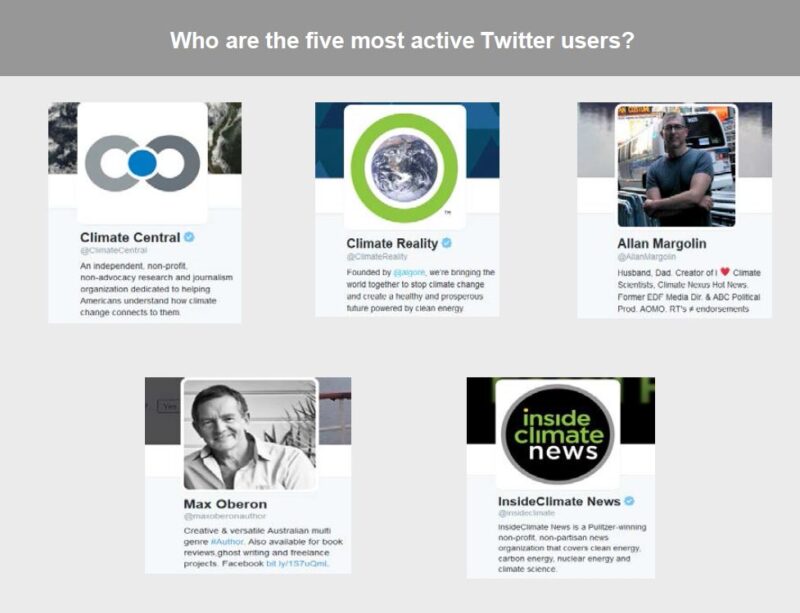
Our Online Media Monitor has been collecting tweets for roughly a year now – time for a little retrospection. The tool provides ongoing monitoring of the transnational online media debate on climate change by searching for related tweets. Tweets are collected if they contain the following hashtags or key words: #climatechange OR “climate change” OR […]
New Publication: Beyond false balance
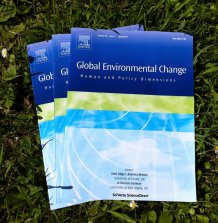
Finally, the article „Beyond false balance: How interpretive journalism shapes media coverage of climate change” is available online. The article is an outcome of our project “Framing Climate Change” and was published by the journal Global Environmental Change.
Erste Ergebnisse aus der Tagebuchstudie präsentiert
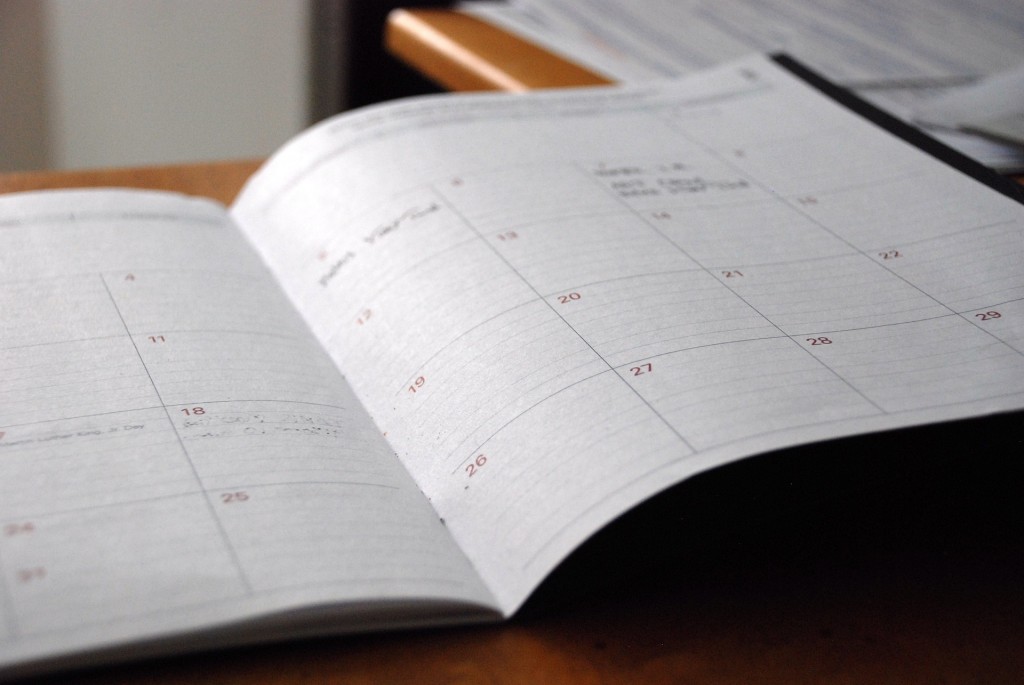
Auf der European Communication Conference in Prag haben wir erste Ergebnisse aus der Tagebuchstudie des Projekts “Down to Earth” präsentiert. Für den Vortrag wurden die Angaben zu den Gesprächen der 41 Teilnehmer über den Klimawandel analysiert, die sie im Zeitraum der Klimakonferenz in Paris 2015 geführt hatten.
Down to Earth results featured in “Communication Director”
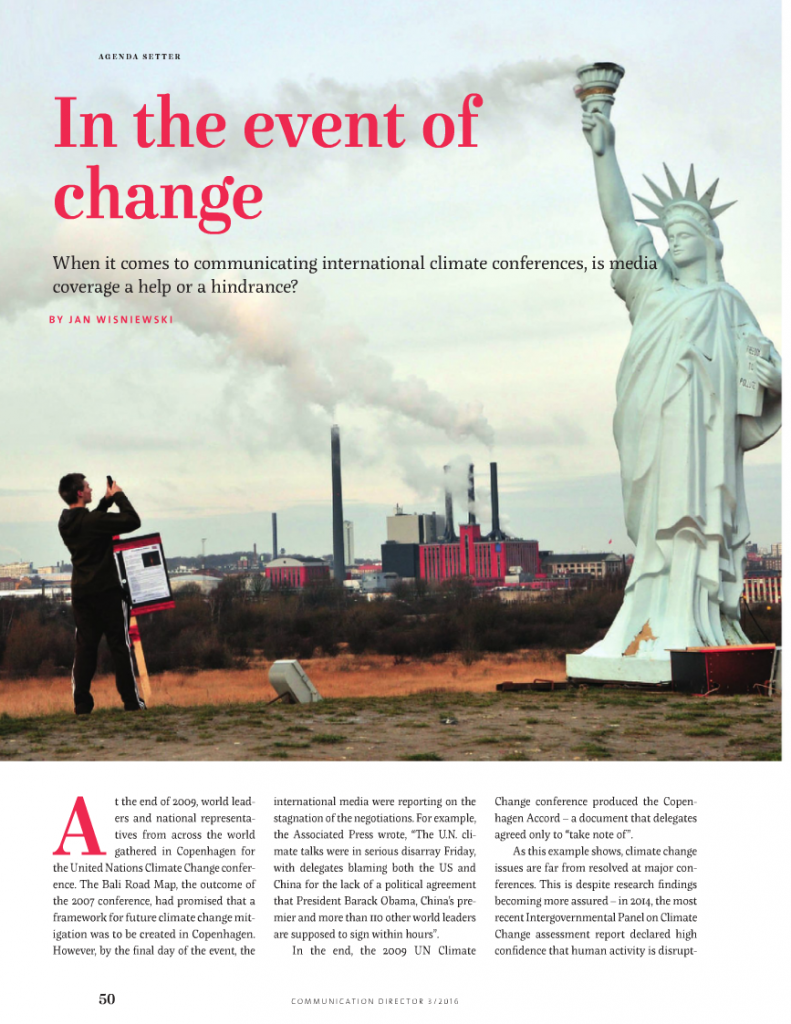
Results from our Down to Earth study have been featured in an article about the communication of international climate conferences. Imke Hoppe was interviewed as a spokesperson of our team by editor Jan Wisniewski from the magazine “Communication Director” and talked about the public’s perception of the COP21. Unfortunately, the article is not available for […]
New working paper: Climate change in the media
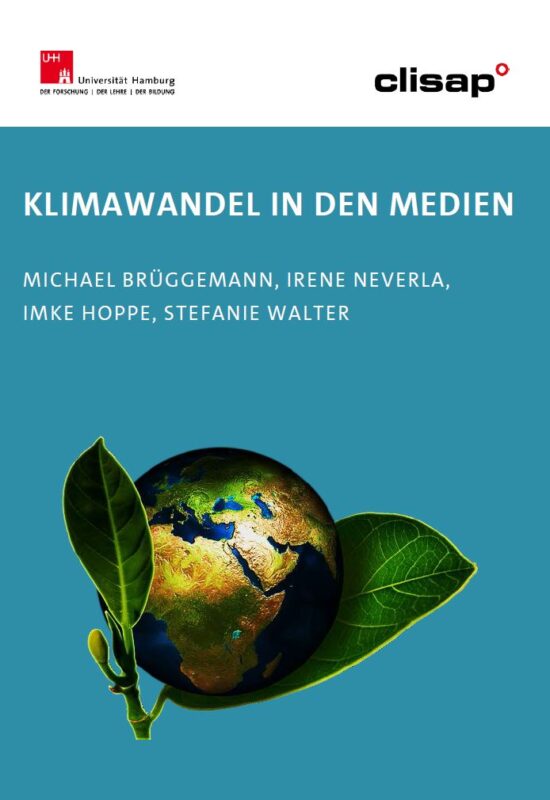
Our research group has published a new working paper which summarizes research on climate change in the media. The questions addressed are how media coverage of climate change contributes to the social construction of climate change, what kind of patterns can be found in the climate change debate and what effects climate change coverage has […]
First part of the Online Media Monitor online!
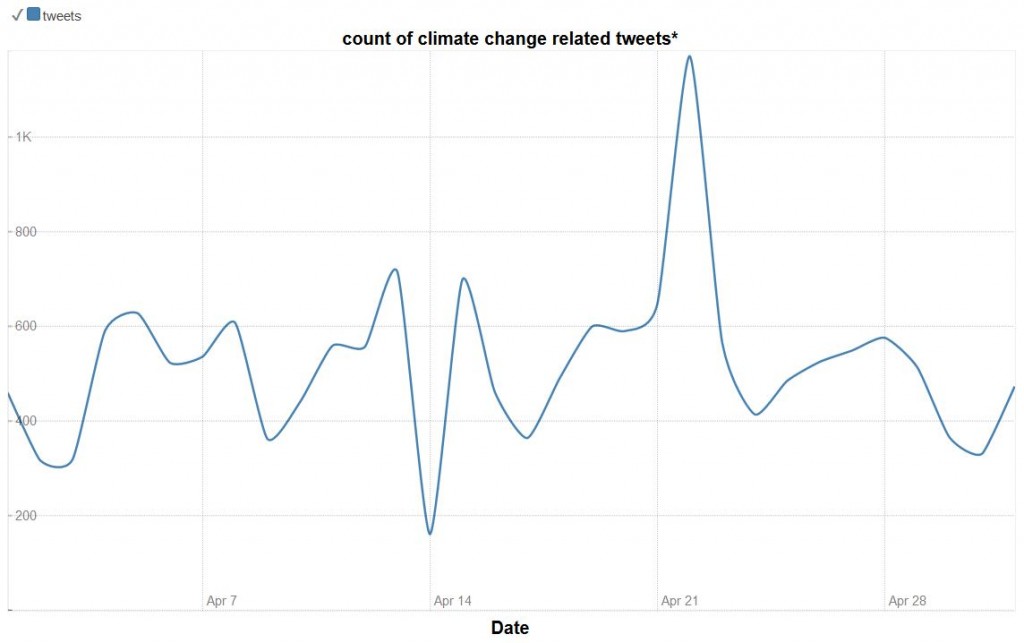
We are proud to announce the release of the first part of our monitor: a tool which counts all tweets related to climate change on a daily base, lists the domains most linked to in context with climate change, and shows yesterday’s most retweeted climate change tweet. Check out the tool here. The Online Media […]
“The End of the Beginning” – Booklet with Blog Posts
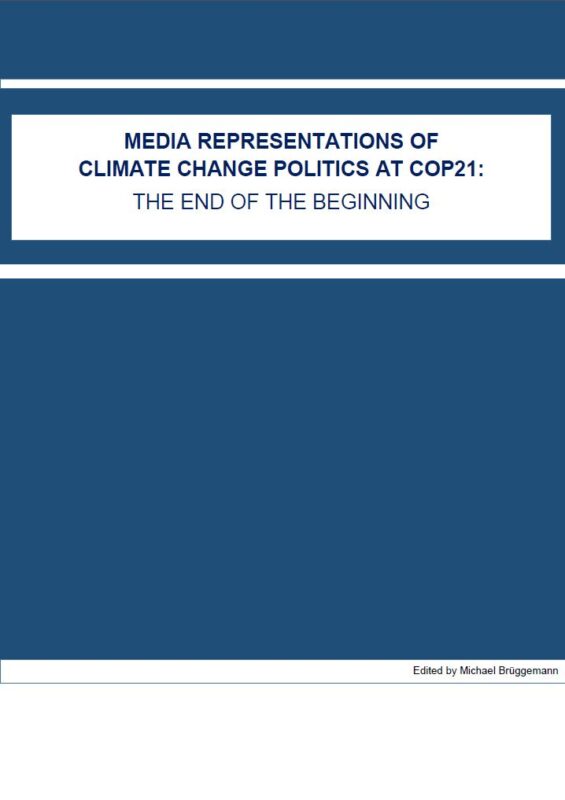
Download booklet “Now this is not the end. It is not even the beginning of the end. But it is, perhaps, the end of the beginning.” Winston Churchill Quite a few commentators of the results of the UN Climate Change Conference in Paris (November/December 2015) have evoked this quote from Winston Churchill. It seems that, […]
First Working Paper: Before the COP 21

How do German citizens perceive climate change? What do they know about climate politics? And how do they evaluate national and international efforts against climate change? Within the framework of our “Down to Earth” study, we aimed to answer these and further questions with an online survey with more than 2000 persons, conducted in Germany […]
